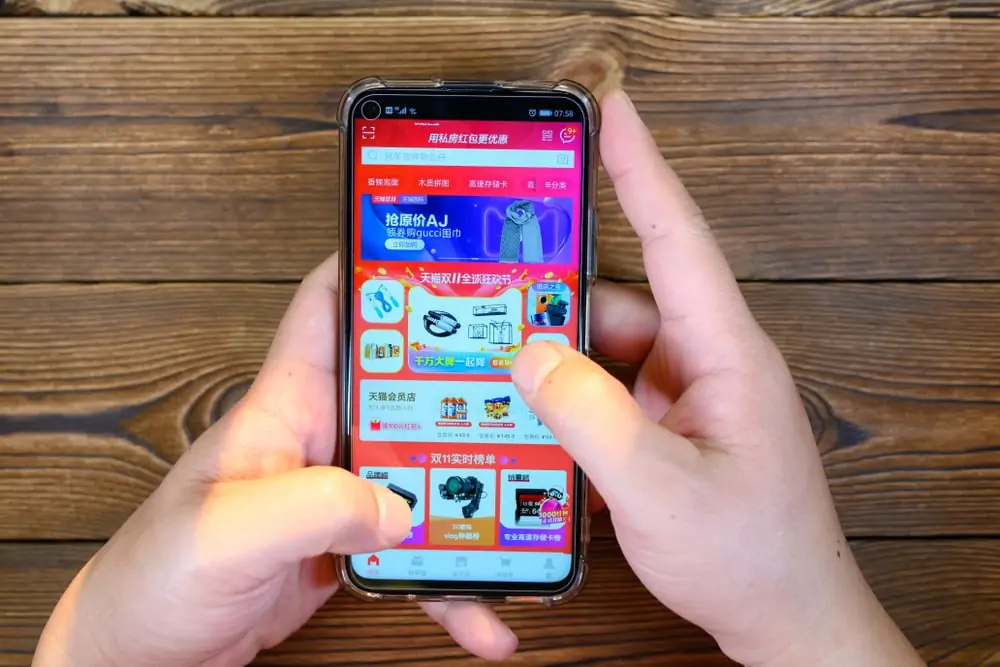The madness and presales for this year’s Single’s Day/11.11 festival kicked off in mid-October. The 23-days of the festival will see 290,000 brands battling it out with more than 14 million deals just on Alibaba platforms, all hoping to earn their share of the sales spike that happens every November, writes Mark Tanner from The China Skinny
Like last year, live streaming looks set to contribute a large portion of sales. Live stream queen Viya’s 14-hour marathon show pre-sold about £910 million worth of goods. However, it was live streamer and “lipstick brother” Austin Li who took the crown, pre-selling £1.3 billion worth of goods during his 12-hour show, not including orders that were later cancelled. The pulling power of 11.11 was evident, with 250 million tuning in – more than a dozen times Li’s usual 20 million viewers.
While Austin Li happily flogged foreign products ranging from Shiseido lotions to Apple AirPods, in an interview with Sixth Tone, the former L’Oreal store advisor said that he hopes to “let consumers know that ‘made in China’ is very powerful,” and “not second to any other countries”. It is a sentiment that has accelerated since the pandemic and is being nudged along by increasing pressure on China’s rich and famous to promote “cultural confidence.”
The sentiment is representative of the rising ‘China chic’ or guochao trend, which is shifting preferences towards domestic brands. As a consequence, foreign brands can’t just be on a shelf or screen and expect consumers to think they are better as they did a decade ago. To compete, foreign brands have to work harder, understand their target audience better, and adapt quicker; because there will be a multitude of hungry Chinese competitors ready to eat their lunch.
Still, despite all of the hype around guochao and rising domestic brands, there is still immense value in the perceived quality of foreign goods across many categories. The most obvious example is of the superior craftmanship abroad in the luxury category, where foreign brands still account for all but a slither of sales in China, despite a lot of talk of Chinese luxury brands. But the perception spans a plethora of categories, from cars to coffee. China’s most awarded FMCG company, Yili, has invested billions of yuan in dairy in countries like New Zealand to capitalise on the safe, healthy and pure perceptions of foreign dairy.
Even in categories such as beauty, where ‘C-beauty’ (Chinese beauty brands) is attracting a lot of attention, China’s most famous local brand, the proudly Chinese Perfect Diary, uses foreign OEMs to reinforce that its cosmetics brands are high quality. Collabs with reputable foreign brands and institutions such as the British Museum, New York’s MOMA and National Geographic are symbolic of the aspirational reputation that foreignness still holds.
Whilst rising national pride is contributing to Chinese brands’ successes, much of their growth is coming from a better understanding of Chinese channels and consumers, and giving them what they want. Many of the perceived advantages domestic brands play to aren’t insurmountable for foreign brands. Indeed, foreign brands continue to hold trump cards that many of the most famous Chinese brands still cannot match, and there are many consumer subcategories where foreign names still dominate, including supplements and baby products.
Take the beauty category for example: based on data from China Skinny’s Trackers, “suits Chinese skin” is both the most-desired trait from consumer panels and one of the most effective claims on e-commerce stores. Foreign beauty brands can accommodate this need by ensuring they have ingredients that consumers feel are relevant to their skin, including traditional Chinese medicine. They can also ensure that they have Chinese models in their communications and have collaborations with reputable Chinese influencers and brands.




